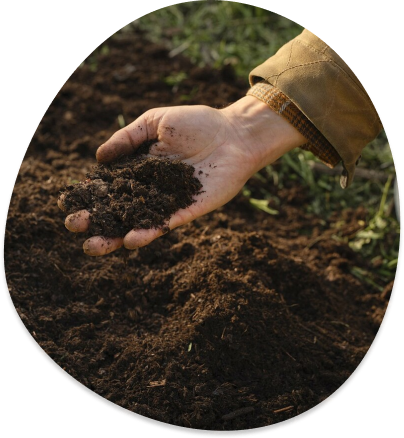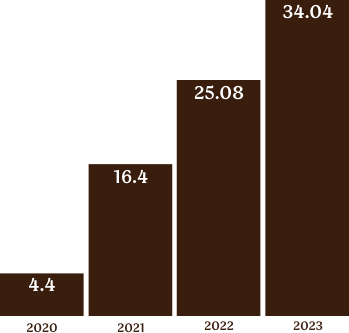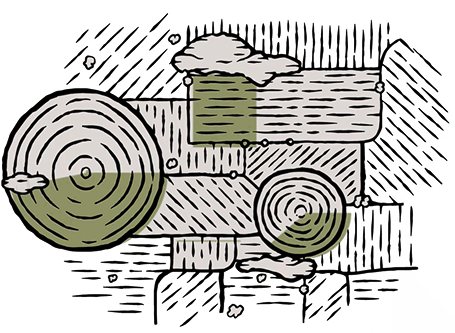
Measuring What Matters
Farmers Play the Long Game.
So Does Change.

We developed the Organic Impact Tracker to measure the real-world impact of choosing organic over conventional in our beverages.
This isn’t a comparison; it’s an understanding of the difference our choices make, close to home.
Metrics We Track
Good So Far


The Foundation: Healthy Soil.
Healthy soil is the bedrock of all we do. By choosing organic, we’re not simply avoiding synthetic pesticides; we’re fostering biodiversity, protecting water, and enriching the land.
Our partnership with HowGood allows us to quantify this impact, making sure every step forward is a step toward healthier ecosystems.
The Dirt On the data
With help from HowGood and Dr. Stephanie Bledsoe, we dig into what changes when we choose organic – to understand what’s working and what still needs work.
We test every batch for glyphosate—the most common synthetic pesticide—because we believe it doesn’t belong in what we drink. Not for us, not for the farmers who grow it, not for the soil that will outlast us all.
ask hard Questions.
Demand Real Answers.
Farming isn’t static, and neither is our approach. Right now, organic is what we do, but we know the future must be regenerative – a system that goes beyond “doing less harm” and into actively improving. Organic is the start. It’s not just about what we keep out; it’s about what we put in. The work keeps going.